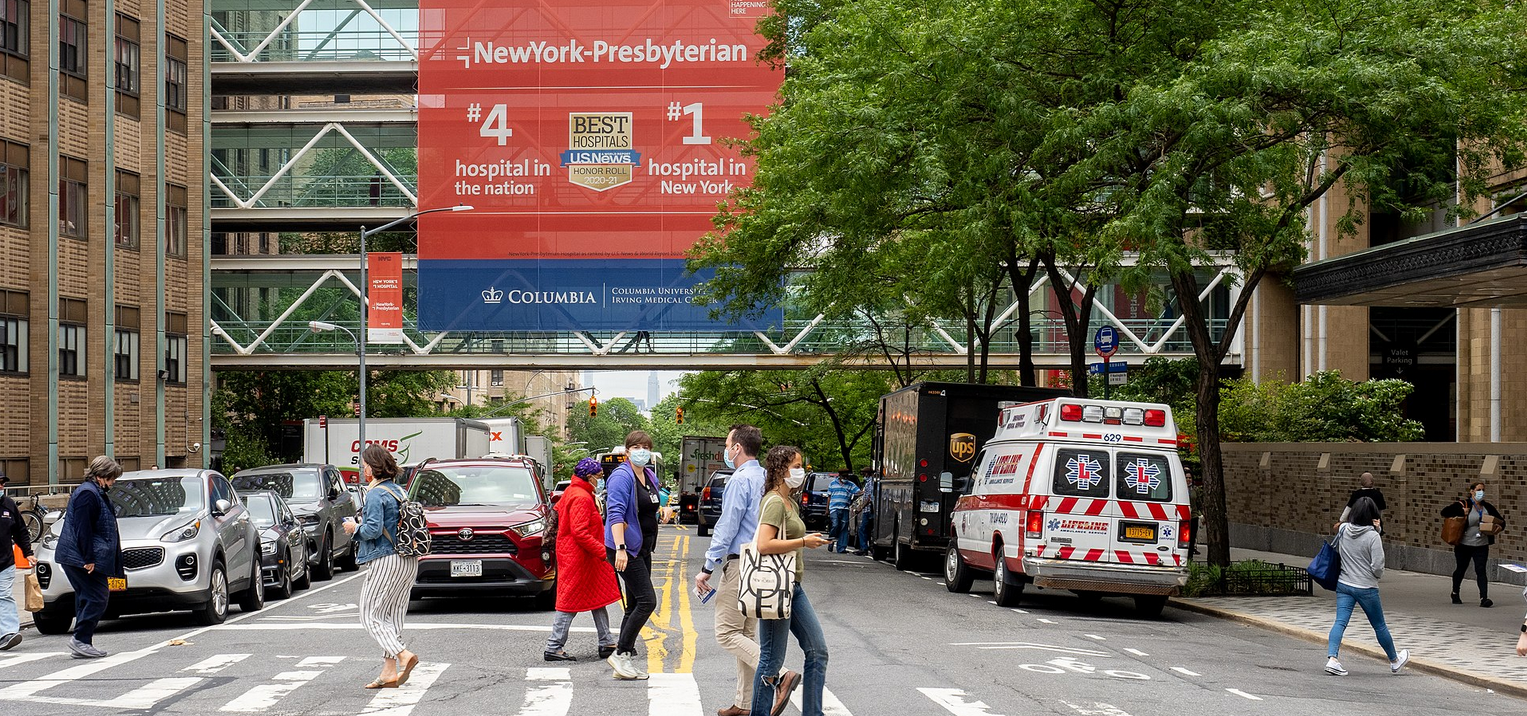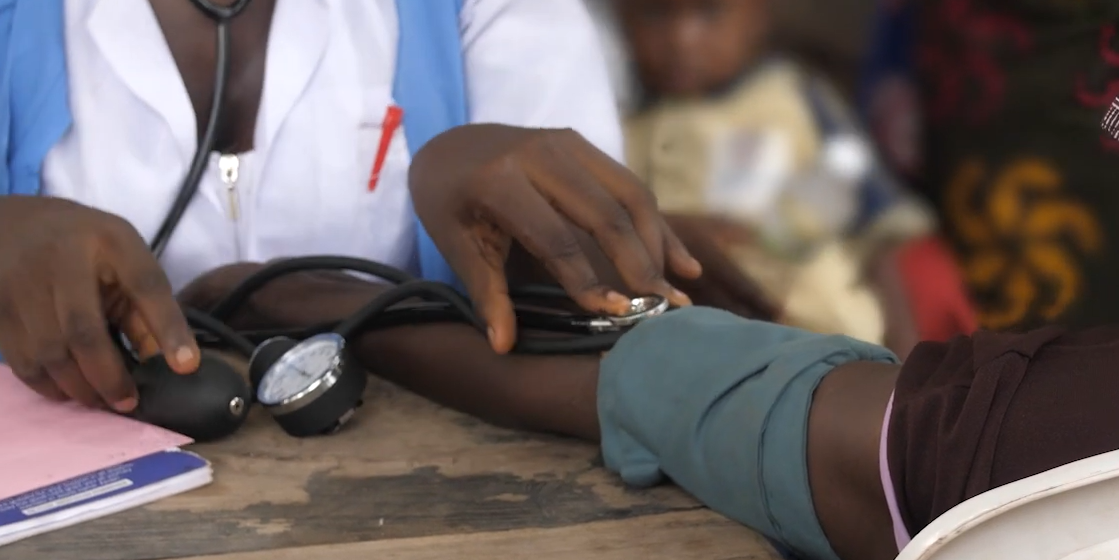High blood pressure and hypertension are conditions especially endemic among the Black population in the US. Societal disadvantage, proliferation of fast food restaurants in predominantly Black neighborhoods and the unique ability to retain salt are some of the main reasons why so many suffer from it in the Black community.
Recently, childhood experience has also been linked to adult high blood pressure.
A health data taken for 500 Black men over the age of 20 in Howard university showed that those who had lived with one parent rather than two had on average higher blood pressure readings.
The results also showed that men who had grown up in single parent households also had a 46 percent greater risk of developing high blood pressure, also known as hypertension.
Debbie Barrington led the study at the National Institute on Minority Health and Health disparities with colleagues at the National Institutes of Health in Bethesda, Maryland.
According to Barrington, the differences in maximum blood pressure between the men raised by two parents versus one were greater than the changes produced by some common prescription blood pressure drugs. High blood pressure is known to increase the risk of stroke and heart attack. The lower the maximum blood pressure (the top number), the better, with a reading under 120 millimeters of mercury (mmHg) considered best.
Barrington went to say that it might not be the presence of both parents but the implications of having one parent missing as the key to later developing high blood pressure.
Children growing up with only one parent present are more likely to experience poverty and the hardship that it brings, therefore increasing pressure on the child. Research shows that children living with both parents are more likely to succeed academically and increase their employment prospects, while those raised in single house holds are more likely to fall by the way side further adding more pressure.
It is important to note that the study does not state that those men who did not live with both parents are destined to develop high blood pressure in the future.








